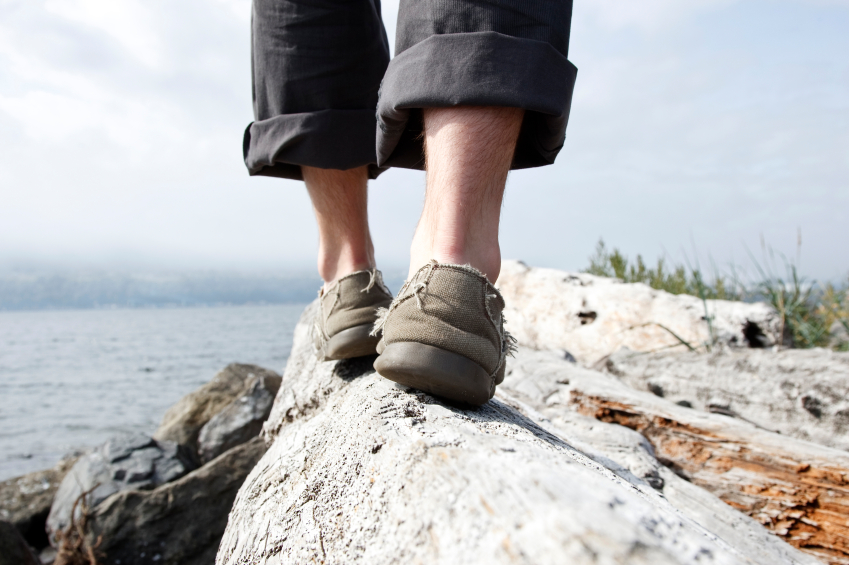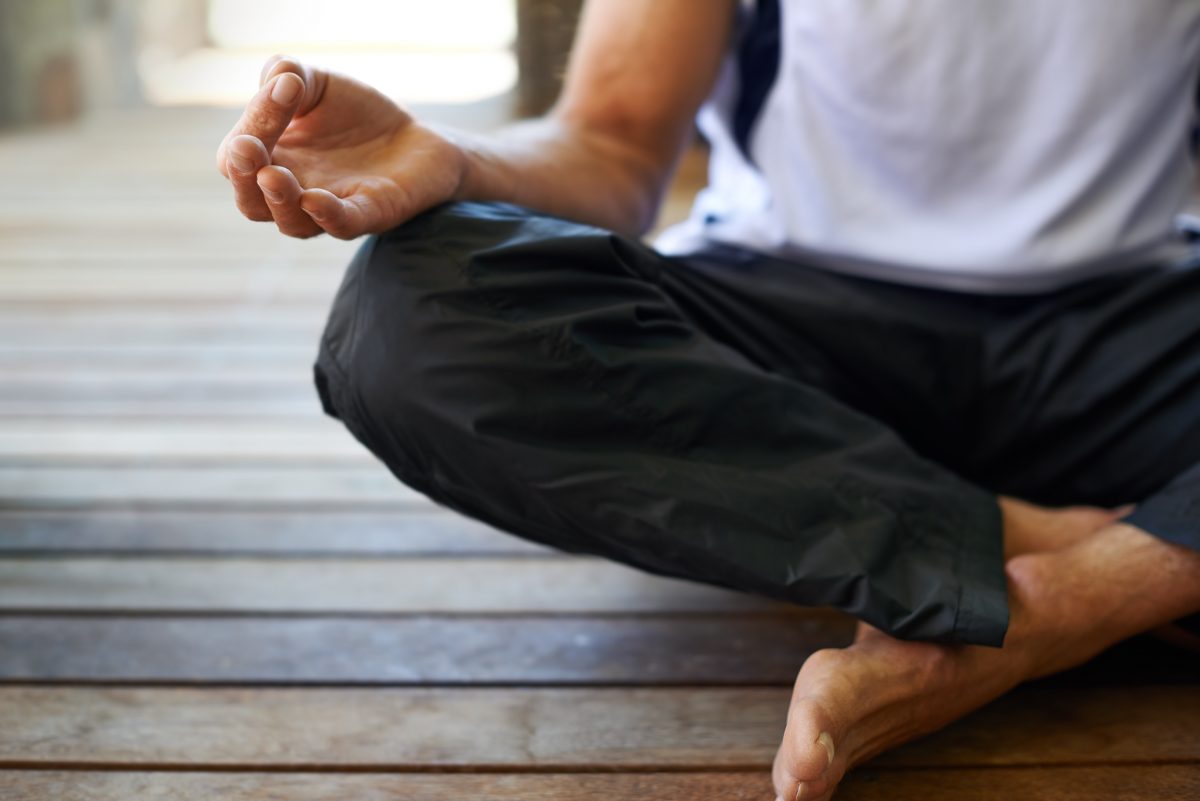
Drug addiction has claimed lives – much like many other diseases. Yet unlike many other diseases, we struggle to find a way to contextualize drug addiction in the same way. Instead of tackling it as a societal issue with clear risk factors that can be addressed and mitigated, many continue to endorse or vote for political policies that explicably cause more addiction and suffering, and needlessly harm or end the lives of thousands of Americans because of chemical dependency.
So, to better understand addiction in a way that allows us to tackle it both on an individual basis and as a society, it’s important to re frame what addiction is in a more concrete, biological manner. When a person is physically addicted to a drug, they develop a chemical dependency in their brain. This chemical dependency can be broken, just as it can be built up. Cost-effective treatment exists to help people who struggle with this dependence, and many other disorders related to it.
Addiction and Chemical Dependency
Addiction, as defined by the American Psychiatric Association, is described as a condition defined by compulsive substance use despite clear harmful and lasting consequences. When a person continues to use a drug even though it is putting them and their lives in jeopardy, they are struggling with an addiction.
Dependence is a bit more specific. Addiction implies dependence, but the two are not necessarily the same thing. It depends, of course, on the context of how the words are used – but where addiction describes the condition of compulsive substance use, dependence describes the enthrallment of the mind to the substance through the brain, specifically through withdrawal symptoms and extremely powerful cravings.
Chemical dependence is when a person’s brain chemistry has altered to be tied to the drug, inducing withdrawal symptoms when a person tries to stop using, or causing them to build an increasing tolerance to a drug, forcing a higher intake over time.
Not all cases of addiction need to be cases of chemical dependence. While addiction always implies that changes have been made to the brain due to consistent drug use, sometimes, it’s the emotional dependence that is the primary drive behind the addiction rather than the physical dependence.
Chemical vs. Emotional Dependency
A person who is struggling mostly with a chemical dependency may fully realize their addiction and may not even use drugs to cope with emotional issues – instead, they take drugs to keep the pain away, and because they cannot resist the craving. For others, addiction is a way to numb pain, forget memories, and distract the mind from deeper struggles. And for most, their case is somewhere in the middle, between both.
Addiction treatment is a highly individual thing but knowing how a person perceives their addiction and knowing why exactly they’re struggling to stay clean and get sober in the first place can shed a lot of light on how to best help them in the long-term. For someone with a chemical dependence, the goal is to break the conditioning placed on the brain by weeks, months, and years of drug use. This can take time, but it is possible to largely reverse the damage done to the brain by drug use, to the point where cravings begin to fade, and life can be lived normally.
Safely Overcoming Withdrawal
The first step to breaking chemical dependency is seeking professional help. Withdrawal symptoms are a mainstay for someone who is chemically/physically dependent, and these symptoms can range from extremely unpleasant to fatal, depending on the drug and the severity of the addiction. Alcohol withdrawal and benzodiazepine withdrawal is very dangerous.
Seek out a safe, reputable clinic or sober living home, and get sober under medical supervision. If anything goes wrong, having professionals there to help you get through the first few hours and observe you over the next few days to come can make withdrawal much safer.
From there, the hard part is staying clean. A sober living community can help you take your mind off the cravings, by incorporating you into a living breathing community, with chores, group activities, and more.
Building Towards Long-Term Recovery
Many people struggle with the long-term part of getting sober. Sobriety itself just means not being high or drunk – and while for many that is an achievement in and of itself, it’s still one of the earliest obstacles. Right after comes the struggle to stay clean. And for the first few weeks, this can be excruciatingly difficult.
Rehab centers and sober living environments make this much easier. A good sober living facility can help you focus on building the emotional toolset you need to stay sober even in the face of stress and responsibility. But you’re not going to do it alone.
Arguably the biggest key to long-term recovery is surrounding yourself with friends and family, who can support you and help you stay sober even when times get tough.
It is undeniable that choice plays a role in the matter. But there is a reason addiction is much more common among young people and people with mental health disorders. Addiction is more likely to develop in people without stable lives and stable minds, in positions where they are most vulnerable and open to suggestion. Teens, by virtue of their youth, make mistakes and have problems. People who struggle with their self-esteem, social status or income are more likely to turn to drugs to cope than others.
But addiction is not wholly discriminatory, either. There are biological factors at play, genetics, and family history, and even the affluent and privileged can feel society’s pressures and find addiction as a form of coping.
Pushing blame, shame and the harsh “rule of law” onto people who struggle with addiction does not solve the issue, but turns addicts into an easy target for frustration, discrimination, and ostracizing. It considerably lowers the chance of people going out of their way to seek treatment, because revealing that you may have a substance problem lowers your value as a person in other people’s eyes.
Treatment is the individual’s way forward. By recognizing that addiction is not a terrible crime, but a health condition to be overcome and treated, and by surrounding yourself with understanding friends and family members who realize this, you can take your steps towards sobriety and commit yourself to recovery, no matter how long the road might be.
But to make treatment a viable option for all, we have to convince more than just a handful of families that addiction is not what it seems, and that being addicted is something deserving of a little sympathy, rather than fear or blame.









